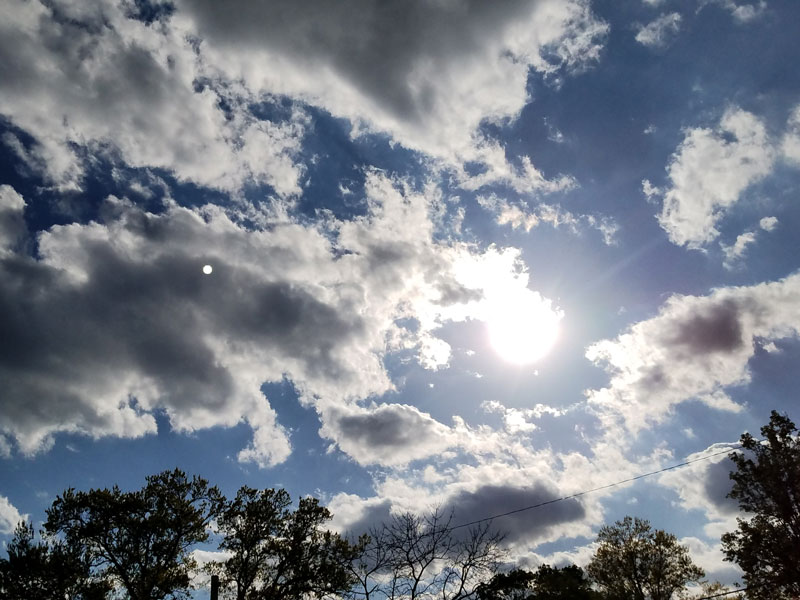As a returning participant of the St. Louis Green Cities Challenge in 2020, the City of Collinsville’s outstanding efforts to be a green-conscious municipality is a testament to their forward-thinking approach and strong desire to improve the quality of life for present and future residents by considering the long-term significance of everyday decisions.
During the 2020 Challenge, Collinsville adopted its first Sustainability Plan to meet the community’s current needs without compromising the ability of future generations to do the same. Designed to make the city more operational and energy efficient, this noteworthy plan was divided into five focus areas: Transportation; Buildings, Grounds, and Lighting; Environmental Management; Land Use and Planning; and Community Development, Engagement, and Education. The city received public input and support from two open houses – in addition to an online survey – and has also ensured the relevance of the plan for years to come. The Sustainability Plan will be reviewed annually by city staff and the Cool Cities Committee to evaluate which policies have not been started, those that are in progress, are fully implemented and consideration to add or modify policies based on scientific research and/or emerging technologies.
Among the other impressive innovations put forth by the city during the 2020 Challenge to keep up with its sustainability goals was a “Goatscaping” program piloted by Willoughby Farm, which encompasses over 30 acres of wildlife preserve that offers opportunities for education and recreation in the heart of Collinsville. Through the “Goatscaping” program, the farm leases goats to privately owned residential properties within the city as an environmentally friendly way to clear unwanted weeds and invasive plants. Willoughby Farm plans to continue this program moving forward and further expand it this year. Moreover, the city partnered with Land of Goshen Community Market’s Beet Box, a mobile farmer’s market designed to increase access to fresh local produce and more comprehensive nutrition education for underserved residents. Every Monday from July to October, the city reserves space for the Beet Box in Woodland Park, directly across the street from Collinsville’s largest public housing development. Since sourcing food locally helps to cut down on emissions produced by large transport trucks, the less produce and supplies have to travel means that less waste is produced, resulting in a smaller environmental impact overall.
To further reduce environmental impact, the city discontinued spraying for mosquitoes last year. Those efforts in prior years ultimately had little impact on mosquito control, caused adverse effects on the environment and were largely considered a nuisance by residents. As a result of discontinuing the program, the decreased labor hours and supplies are an added bonus for air quality and will also yield operational savings, too!
For additional information on the sustainable efforts underway by the City of Collinsville and how your organization or municipality can get involved in the Challenge, subscribe to the weekly E-Newsletter or visit www.stlouisgreenchallenge.com. To learn more about the link between sustainability and air quality, explore our website, like us on Facebook or follow us on Twitter at @gatewaycleanair.


